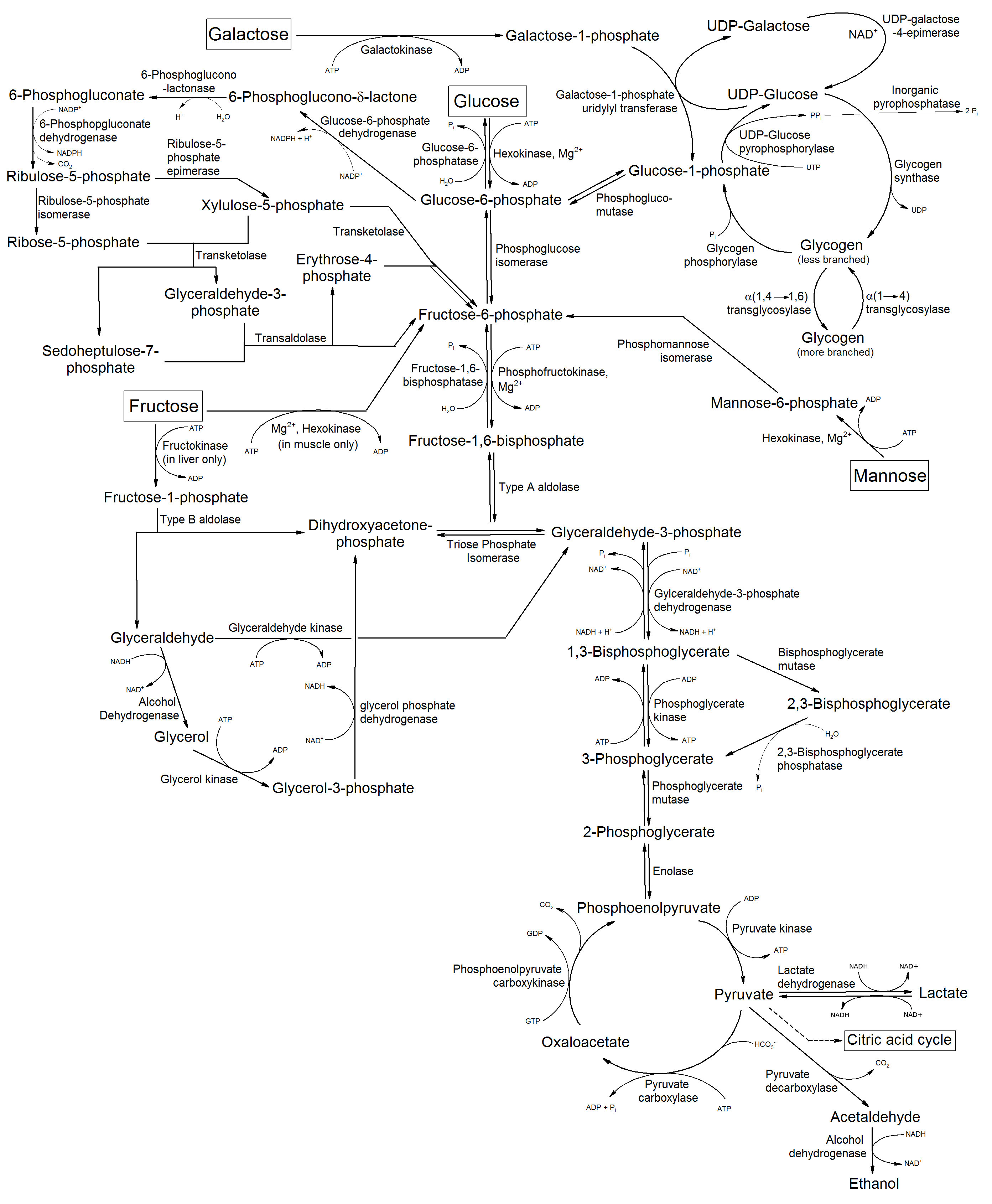H-pylori-Manganese-Connection?
H-pylroi can block the absorption minerals and neutralizing stomach acids. The body has a preference for minerals. For example, the body prefers Zinc for over 50 critical enzymes. However, if Zinc becomes deficient (which is very common) or exposure to Cadmium, Lead or Mercury is sufficiently high, the body will use these toxic minerals in place of Zinc. When H. pylori infection decided to make a home in your body, it needs certain materials to do that. It needs to neutralize acid. It needs certain vitamins (B-12 is one of them). It needs to make enzymes to help keep it alive – its enzymes use up manganese- leaving the body deficient in manganese. Manganese is needed to fight free radicals. Without it cell membranes and the DNA are damaged. - See more at: http://www.mygutsy.com/is-h-pylori-...sorders-adrenal-fatigue/#sthash.1KzwEYym.dpuf
Manganese superoxide dismutase (MnSOD) is the principal antioxidant enzyme in the mitochondria. Because mitochondria consume over 90% of the oxygen used by cells, they are especially vulnerable to oxidative stress. The superoxide radical is one of the reactive oxygen species produced in mitochondria during ATP synthesis. MnSOD catalyzes the conversion of superoxide radicals to hydrogen peroxide, which can be reduced to water by other antioxidant enzymes.
Repairing the mitochondria, we allow our cells to increase their nutrient uptake so that supplementation support will have the most dramatic effect.
A number of manganese-activated enzymes play important roles in the metabolism of carbohydrates, amino acids, and cholesterol (4). Pyruvate carboxylase, a manganese-containing enzyme, and phosphoenolpyruvate carboxykinase (PEPCK), a manganese-activated enzyme, are critical in gluconeogenesis— the production of glucose from non-carbohydrate precursors. Arginase, another manganese-containing enzyme, is required by the liver for the urea cycle, a process that detoxifies ammonia generated during amino acid metabolism (3). In the brain, the manganese-activated enzyme, glutamine synthetase, converts the amino acid glutamate to glutamine. Glutamate is an excitotoxic neurotransmitter and a precursor to an inhibitory neurotransmitter, gamma-aminobutyric acid (GABA).
Helicobacter Pylori: Not Just A Third World Problem?
http://www.stopthethyroidmadness.com/h-pylori/
Manganese is the preferred cofactor of enzymes called Glycosyltransferases
http://lpi.oregonstate.edu/infocenter/minerals/manganese/
CFS - can be caused by chronic infection
http://www.drmyhill.co.uk/wiki/CFS_-_can_be_caused_by_chronic_infection
H-pylroi can block the absorption minerals and neutralizing stomach acids. The body has a preference for minerals. For example, the body prefers Zinc for over 50 critical enzymes. However, if Zinc becomes deficient (which is very common) or exposure to Cadmium, Lead or Mercury is sufficiently high, the body will use these toxic minerals in place of Zinc. When H. pylori infection decided to make a home in your body, it needs certain materials to do that. It needs to neutralize acid. It needs certain vitamins (B-12 is one of them). It needs to make enzymes to help keep it alive – its enzymes use up manganese- leaving the body deficient in manganese. Manganese is needed to fight free radicals. Without it cell membranes and the DNA are damaged. - See more at: http://www.mygutsy.com/is-h-pylori-...sorders-adrenal-fatigue/#sthash.1KzwEYym.dpuf
Manganese superoxide dismutase (MnSOD) is the principal antioxidant enzyme in the mitochondria. Because mitochondria consume over 90% of the oxygen used by cells, they are especially vulnerable to oxidative stress. The superoxide radical is one of the reactive oxygen species produced in mitochondria during ATP synthesis. MnSOD catalyzes the conversion of superoxide radicals to hydrogen peroxide, which can be reduced to water by other antioxidant enzymes.
Repairing the mitochondria, we allow our cells to increase their nutrient uptake so that supplementation support will have the most dramatic effect.
A number of manganese-activated enzymes play important roles in the metabolism of carbohydrates, amino acids, and cholesterol (4). Pyruvate carboxylase, a manganese-containing enzyme, and phosphoenolpyruvate carboxykinase (PEPCK), a manganese-activated enzyme, are critical in gluconeogenesis— the production of glucose from non-carbohydrate precursors. Arginase, another manganese-containing enzyme, is required by the liver for the urea cycle, a process that detoxifies ammonia generated during amino acid metabolism (3). In the brain, the manganese-activated enzyme, glutamine synthetase, converts the amino acid glutamate to glutamine. Glutamate is an excitotoxic neurotransmitter and a precursor to an inhibitory neurotransmitter, gamma-aminobutyric acid (GABA).
Helicobacter Pylori: Not Just A Third World Problem?
http://www.stopthethyroidmadness.com/h-pylori/
Manganese is the preferred cofactor of enzymes called Glycosyltransferases
http://lpi.oregonstate.edu/infocenter/minerals/manganese/
CFS - can be caused by chronic infection
http://www.drmyhill.co.uk/wiki/CFS_-_can_be_caused_by_chronic_infection
Last edited:



